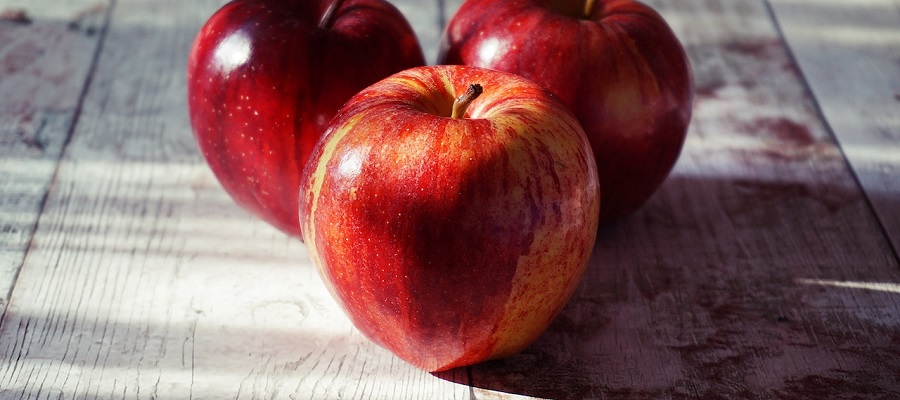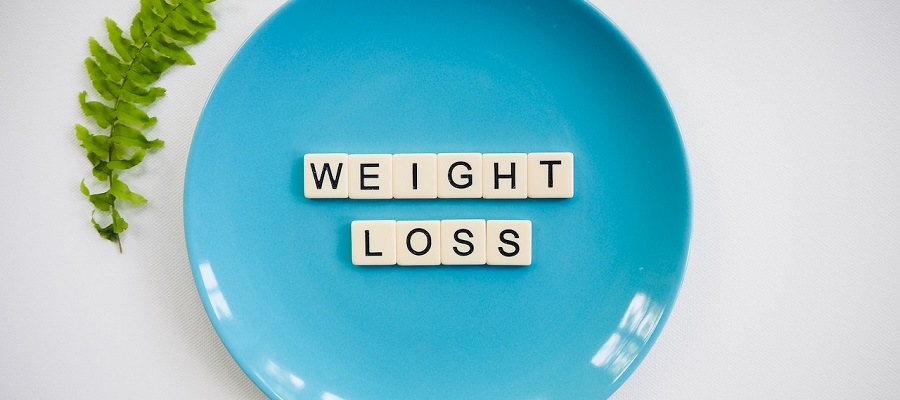Introduction
What are bananas?
Bananas are a fruit that come from the Musaceae family of plants. They are typically elongated and curved, with a soft, sweet flesh inside and a tough outer skin that is usually yellow or green.
Bananas are a popular fruit all over the world, and are often eaten raw or used in cooking and baking. They are also a good source of nutrients like potassium, vitamin C, and dietary fiber.
History of bananas
The history of bananas can be traced back to Southeast Asia, where they were first domesticated around 7,000 years ago. From there, they spread to other parts of the world, including Africa, the Middle East, and eventually the Americas.
In the 15th century, Portuguese explorers brought bananas to the Caribbean, where they quickly became a popular crop. By the 19th century, bananas were being grown and exported on a large scale, particularly from countries like Costa Rica and Ecuador.
Today, bananas are one of the most widely consumed fruits in the world, with over 100 billion bananas being eaten every year. They are grown in over 150 countries, with the majority of production taking place in India, China, and the Philippines.
Nutritional Value of Bananas
Calories and Macronutrients
Bananas are a great source of energy, with one medium-sized banana containing approximately 105 calories. They are also rich in carbohydrates, with one banana containing around 27 grams of carbohydrates. Bananas are low in fat, with less than 1 gram of fat per serving. They are also a good source of fiber, with one banana containing around 3 grams of fiber.In addition to carbohydrates and fiber, bananas are also a good source of potassium. One medium-sized banana contains around 400-450 mg of potassium, which is approximately 10% of the recommended daily intake for adults. Potassium is an important mineral that helps to regulate blood pressure and maintain healthy heart function.
Micro-nutrients and Vitamins
Bananas are also a good source of several micro-nutrients and vitamins. One medium-sized banana contains around 10% of the recommended daily intake of vitamin C, which is important for immune system function and skin health. Bananas also contain small amounts of vitamin A, vitamin E, and several B vitamins, including vitamin B6 and folate.In addition to vitamins, bananas are also a good source of several minerals, including magnesium, phosphorus, and calcium. These minerals are important for bone health, muscle function, and overall health and wellness.Overall, bananas are a nutritious and delicious fruit that can be enjoyed as a snack or added to smoothies, oatmeal, or other recipes. They are a great source of energy, fiber, and important vitamins and minerals, making them a healthy addition to any diet.
Bananas are a popular fruit that are enjoyed by people all over the world. Not only are they delicious, but they also offer a number of health benefits that make them a great addition to any diet. Here are just a few of the health benefits of bananas:
Improved digestion
Bananas are a great source of dietary fiber, which is essential for maintaining a healthy digestive system. Fiber helps to keep food moving through the digestive tract, preventing constipation and other digestive issues. Bananas also contain a type of fiber called resistant starch, which can help to feed the good bacteria in your gut and improve overall digestive health.
Lowered blood pressure
High blood pressure is a common health problem that can increase your risk of heart disease and stroke. Bananas are a great source of potassium, which is an important mineral that can help to lower blood pressure. Potassium works by counteracting the effects of sodium, which can cause blood pressure to rise. Eating bananas regularly can help to keep your blood pressure in a healthy range.
Reduced risk of cancer
Some studies have suggested that eating bananas may help to reduce the risk of certain types of cancer. Bananas contain compounds called phenolic compounds, which have been shown to have anti-cancer properties. Additionally, the high fiber content of bananas may help to reduce the risk of colorectal cancer.
Overall, bananas are a nutritious and delicious fruit that offer a number of health benefits. Whether you eat them on their own or use them in recipes, incorporating bananas into your diet is a great way to support your overall health and well-being.
Types of Bananas
Bananas are one of the most popular fruits in the world. They are a great source of nutrients and are enjoyed by people of all ages. There are many different types of bananas, each with their own unique flavor and texture. In this article, we will discuss three of the most popular types of bananas.
Cavendish bananas
Cavendish bananas are the most common type of banana that you will find in grocery stores. They are medium-sized and have a bright yellow color when ripe. They have a sweet flavor and a creamy texture. Cavendish bananas are great for eating raw, but they can also be used in baking and cooking.
Red bananas
Red bananas are a smaller and sweeter variety of banana. They have a reddish-purple skin when ripe and a creamy white flesh. Red bananas have a slightly different flavor than Cavendish bananas, with a hint of raspberry or strawberry. They are great for eating raw or for use in smoothies and desserts.
Plantain bananas
Plantain bananas are a larger and firmer variety of banana. They are usually cooked before eating and are a staple food in many tropical countries. Plantain bananas have a starchy texture and a mild flavor. They can be boiled, fried, or baked and are often used in savory dishes.
How to Incorporate Bananas into Your Diet
Bananas are a versatile and delicious fruit that can be incorporated into your diet in a variety of ways. Whether you're looking for a quick snack or a healthy addition to your meals, bananas are a great choice. Here are some ideas for how to incorporate bananas into your diet:
Smoothies and shakes
One of the easiest ways to incorporate bananas into your diet is by adding them to smoothies and shakes. Bananas are a great source of natural sweetness and can help to thicken up your smoothies. Try blending a banana with some almond milk, spinach, and a scoop of protein powder for a healthy and delicious breakfast or post-workout snack.
Banana bread and muffins
If you're looking for a tasty way to incorporate bananas into your diet, try making banana bread or muffins. These baked goods are a great way to use up ripe bananas and can be a healthier alternative to traditional baked goods. Look for recipes that use whole wheat flour and natural sweeteners like honey or maple syrup.
As a snack
Bananas make a great snack on their own or paired with other healthy foods like nut butter or Greek yogurt. They're easy to pack and take on the go, making them a great option for busy days. Plus, bananas are a good source of fiber and can help to keep you feeling full and satisfied between meals.
Fun Facts About Bananas
Bananas are one of the most popular fruits in the world. They are delicious, nutritious, and versatile. But did you know that bananas are also full of surprises? Here are some fun facts about bananas that you may not know:
Bananas are berries
Yes, you read that right. Bananas are actually berries. Botanically speaking, a berry is a fruit that develops from a single ovary of a flower. And that's exactly what a banana is. So the next time you eat a banana, you can impress your friends with your botanical knowledge.
Bananas can help you sleep
If you have trouble sleeping, you may want to try eating a banana before bed. Bananas are rich in magnesium, which is a mineral that can help relax your muscles and calm your nerves. They also contain tryptophan, an amino acid that can help your body produce serotonin, a neurotransmitter that can promote relaxation and sleep.
Bananas can be used as a natural remedy for mosquito bites
If you've ever been bitten by a mosquito, you know how itchy and annoying it can be. But did you know that bananas can help relieve the itchiness and inflammation caused by mosquito bites? Simply rub the inside of a banana peel on the affected area for a few minutes, and you should feel some relief.


